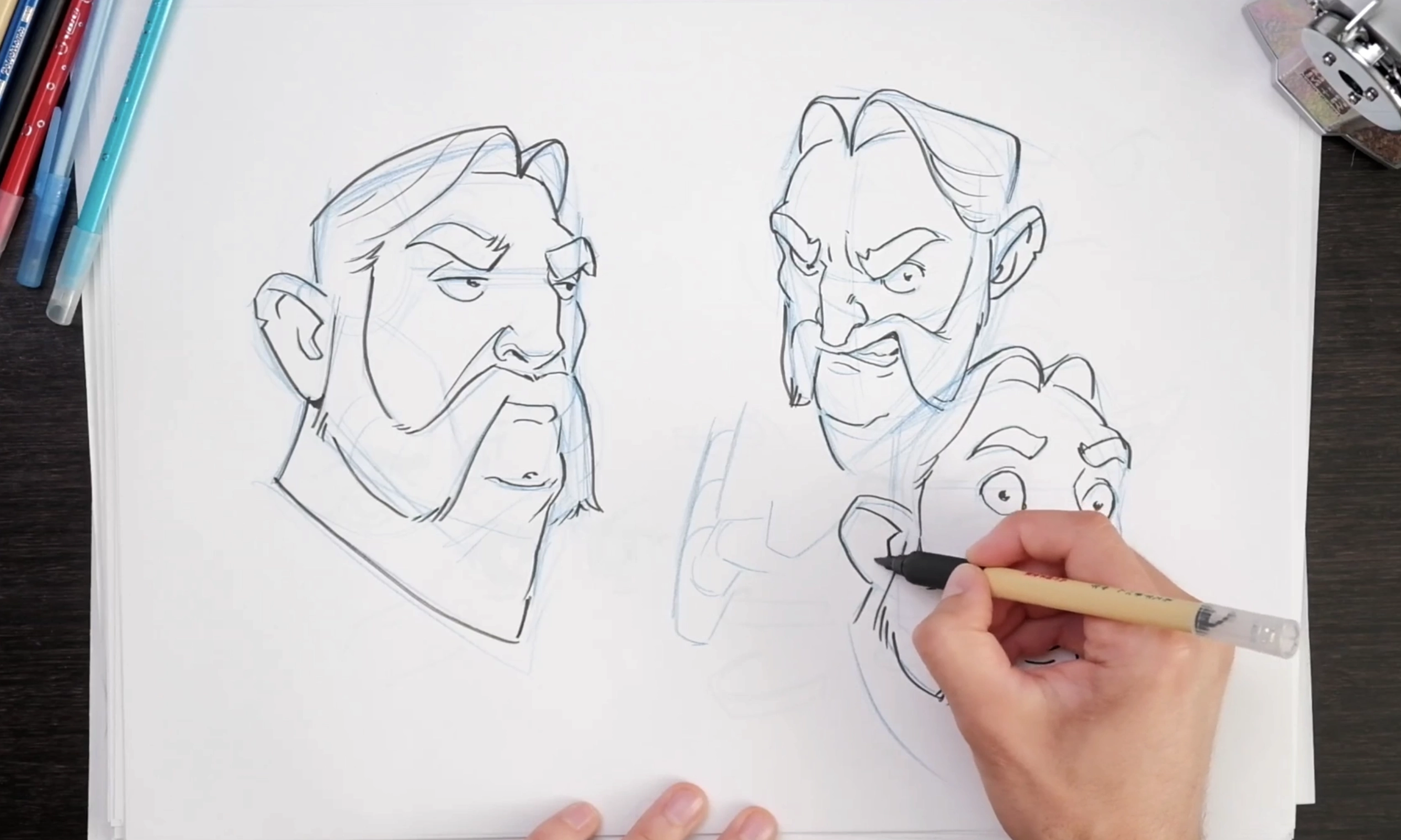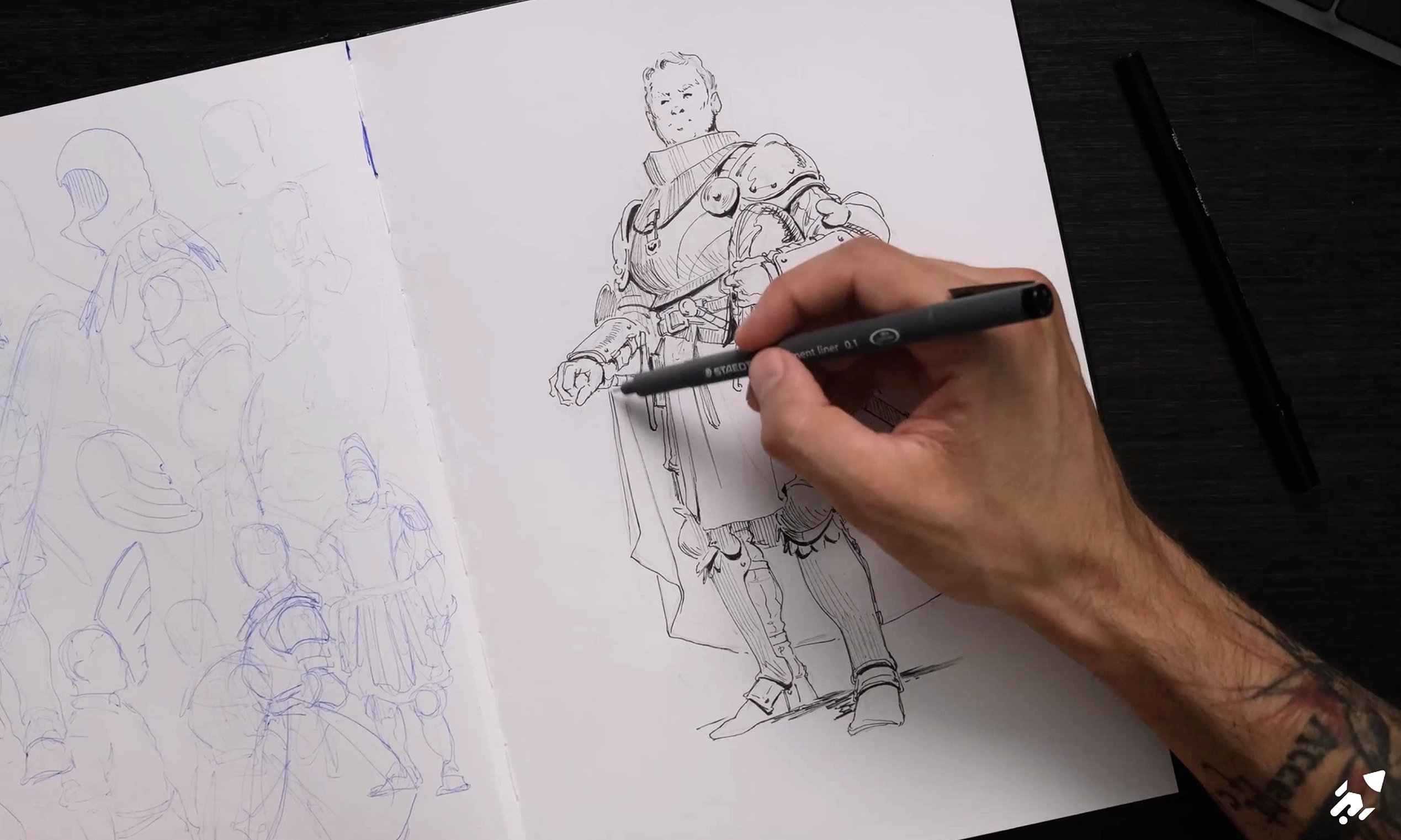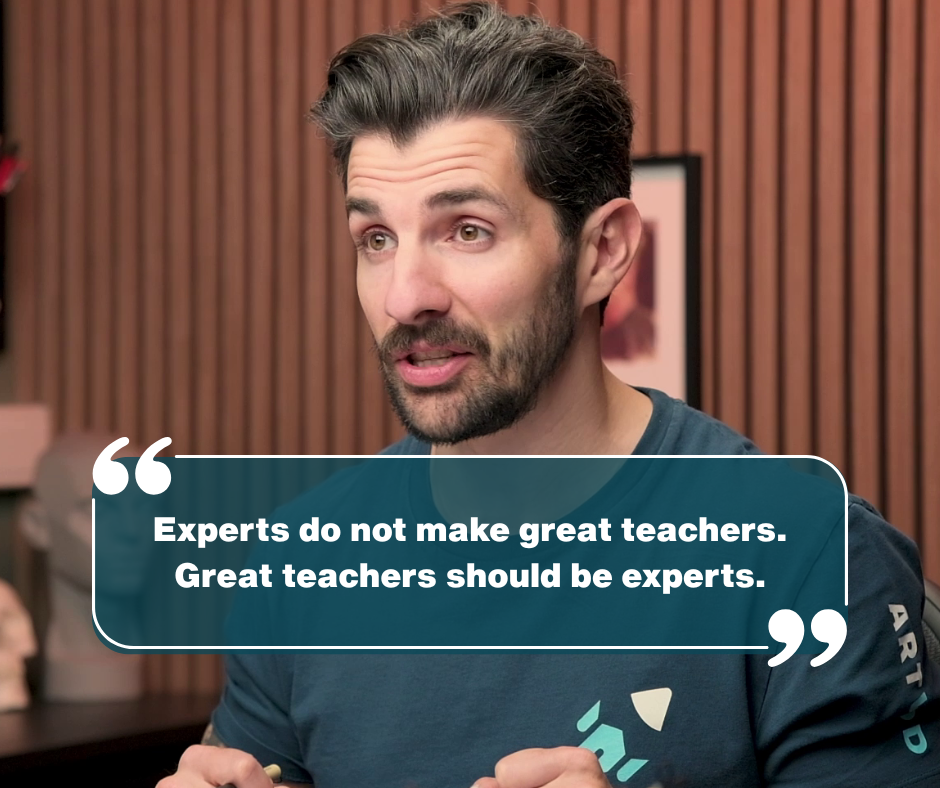
The Knowledge Paradox: Why Great Artists Often Make Terrible Teachers
"Those who can't do, teach." WRONG
If you're an artist trying to grow, learn, or improve your skills, this belief can seriously mislead you.
Welcome to what I call The Knowledge Paradox—a frustrating but common experience in the art world, or any field.
You follow the advice of a master artist, apply their techniques, and still get disappointing results.
Not because the advice was wrong… but because it wasn’t delivered in a way that you could actually use.
The Problem with Learning from Experts
Let’s be clear: expert artists are incredibly valuable. They’ve spent years building their craft. They’ve refined their intuition, developed powerful techniques, and achieved results many dream of.
But here’s the catch:
Being an expert doesn’t make you a great teacher.
In fact, many professional artists struggle to break down their own process. They operate with what I call compounded knowledge—wisdom layered over time through experience, trial, error, and thousands of brush strokes.
They share advice that sounds simple:
- "Loosen your brushwork."
- "Focus on values, not details."
- "Just trust your intuition."
But when you try it?
Your results don’t even come close.
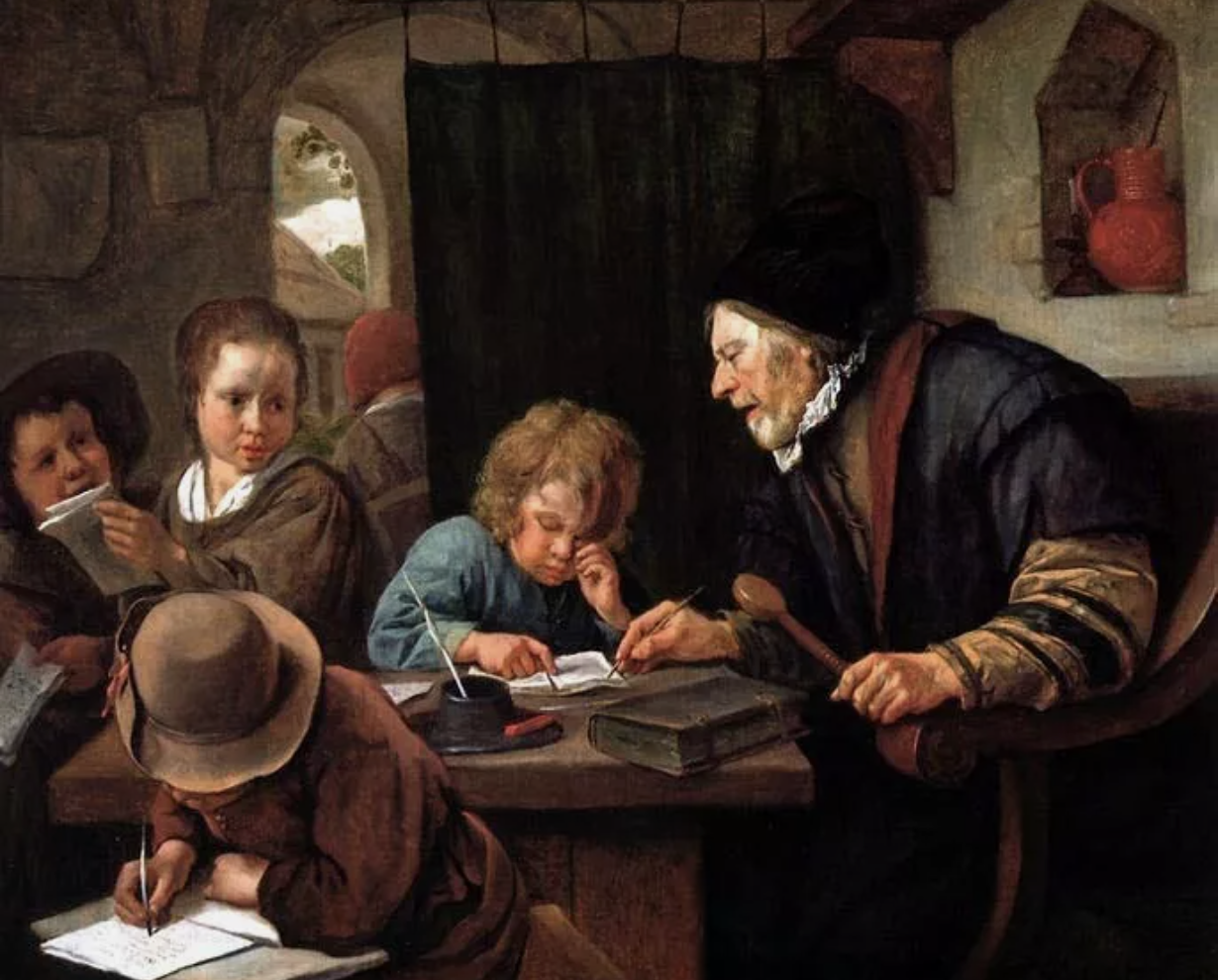
Why That Happens (And Why It's Not Your Fault)
The techniques they share are often built on years of foundational skills—things they now do automatically. When they teach, they often skip those foundational layers, assuming you already know what they know.
This disconnect leads to frustration. You apply the advice, but get confusing, inconsistent results. You’re left wondering what you’re doing wrong.
The truth?
You’re not doing anything wrong.
You’re just not being taught in a way that matches your current level.
My Experience as an Artist and a Mentee
As a professional artist, I’ve seen this firsthand. I've watched peers—amazing at their craft—completely miss the mark when trying to teach. Their lessons are packed with useful information, but they assume too much.
On the flip side, I’ve also been the student.
I've followed mentors in both art and business. And time after time, I only truly understood their advice months—or even a year—after they gave it. Why? Because I wasn’t ready. I hadn’t reached the level where the advice made sense.
That’s The Knowledge Paradox in action.
What Makes a Great Art Teacher?
A great teacher doesn’t just dump advanced techniques onto beginners. They don’t rely on intuition alone.
Instead, they:
Understand where you are in your journey
Unpack their process clearly and progressively
Give you tools that build your foundation step by step
They teach from the trail, not the summit.
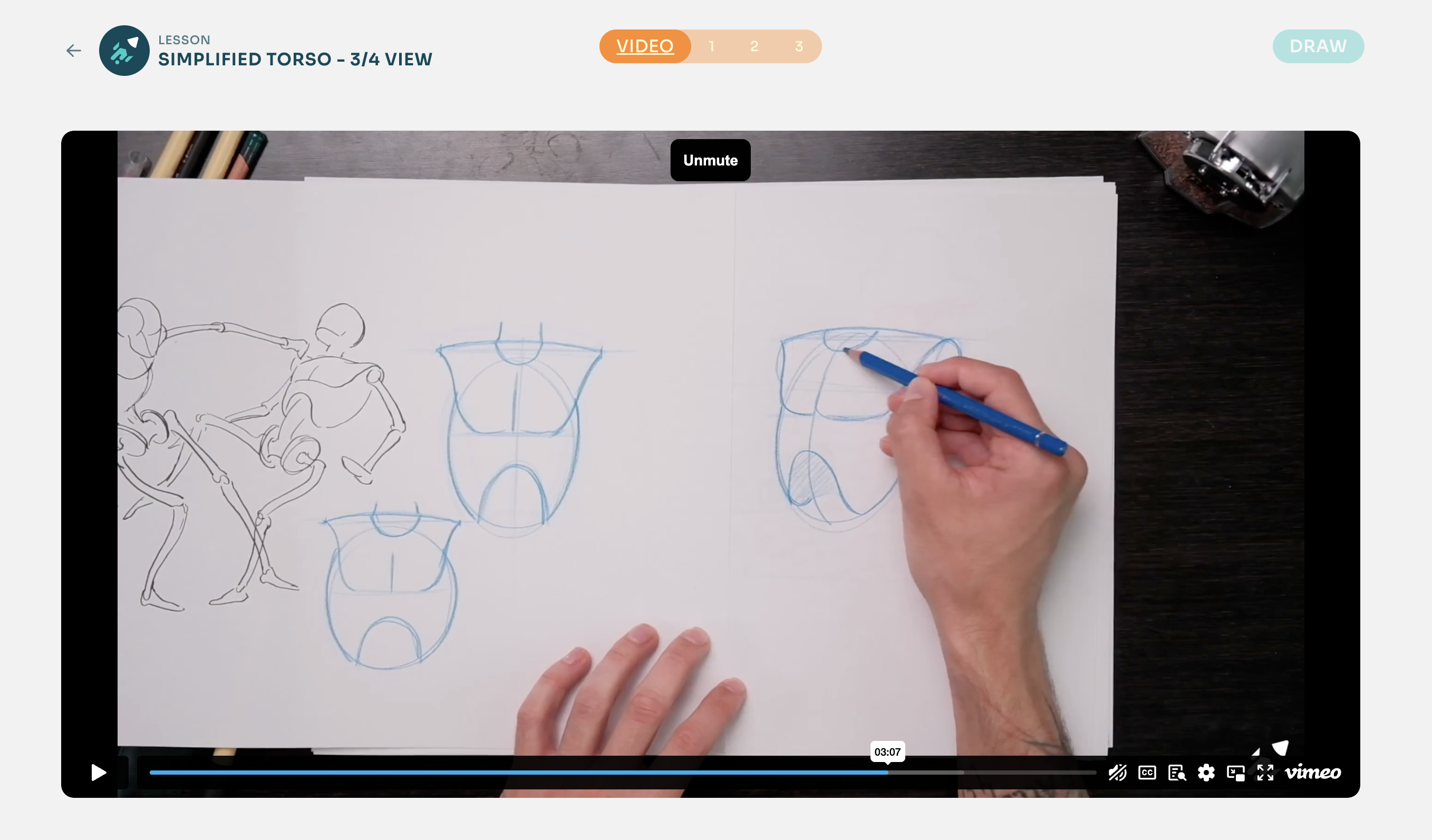
Example from the Artwod Beginner Figure Road
So What Should You Look for in an Art Mentor?
A teacher should be an expert. But an expert shouldn't assume they can teach.
-If you’re feeling stuck despite following top-tier advice, don’t give up. You might just need someone or something that knows how to meet you where you are—and guide you forward with intention.
🎨 Need better guidance?

